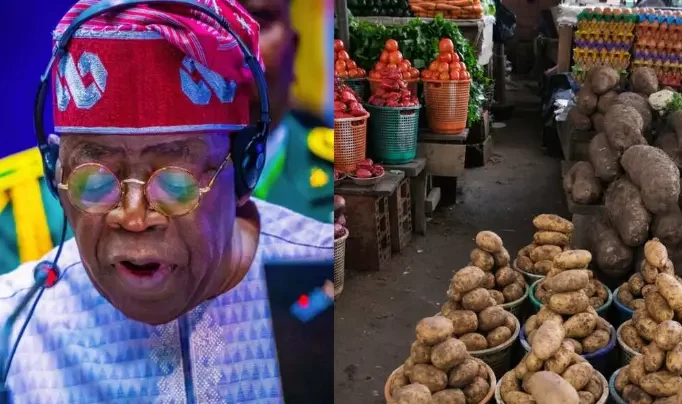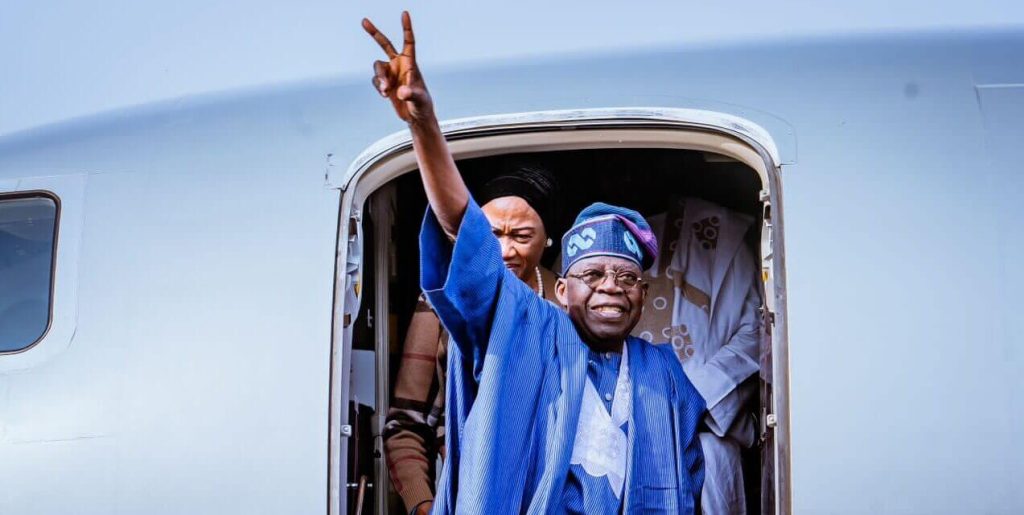The International Monetary Fund (IMF) has emphasized the urgent need for the Nigerian government to focus on addressing food insecurity to prevent associated crises. According to the IMF, President Bola Tinubu’s administration inherited a challenging economic situation from the previous administration, characterized by low growth, poor revenue collection, high inflation, and external imbalances.
These observations were outlined in the IMF’s End-of-Mission statement following its Staff 2024 Article IV Mission to Nigeria. Axel Schimmelpfennig, the IMF mission chief to Nigeria, led the team’s visit to Lagos and Abuja from February 12 to February 23, 2024. During their discussions for the 2024 Article IV Consultations with Nigerian government officials, the team compiled preliminary findings.

Schimmelpfennig emphasized the significance of the recently approved social protection system in addressing food insecurity and stressed the importance of its effective implementation. He also highlighted the challenging economic outlook for Nigeria, noting a GDP growth of 2.8% in 2023, slightly below population growth dynamics. While improved oil production and expected agricultural harvests are positive indicators for 2024 GDP growth projected at 3.2%, challenges such as high inflation, currency depreciation, and policy tightening persist.
Read Also: INFLATION: IMF Wants Nigeria to Adopt Fiscal & Other Reforms
With approximately eight percent of Nigerians facing food insecurity, Schimmelpfennig underscored the immediate need to address this issue as a top policy priority. The IMF team welcomed the government’s initiatives, including the approval of a targeted social protection system and the distribution of grains, seeds, and fertilizers, as well as the promotion of dry-season farming.




